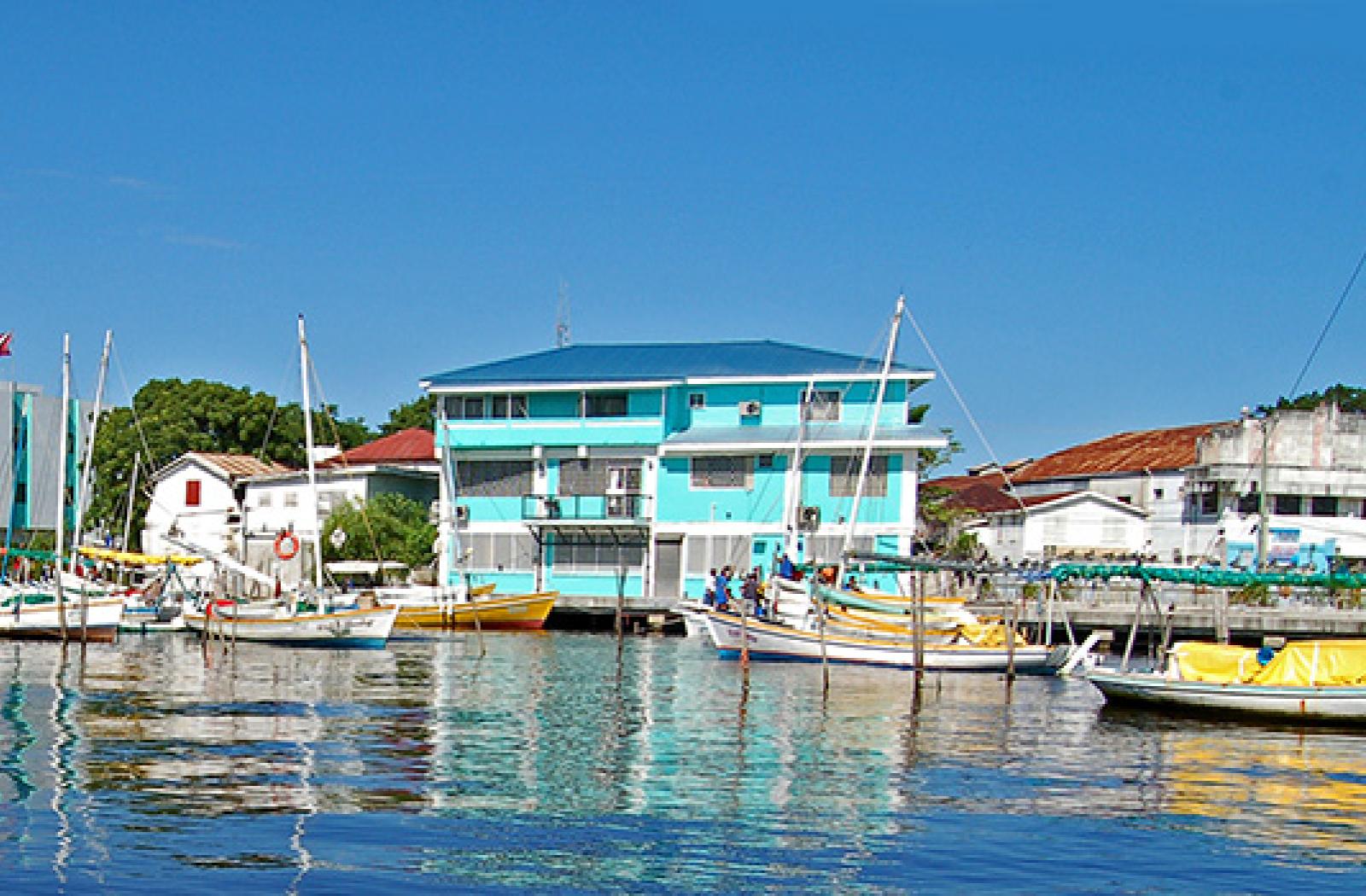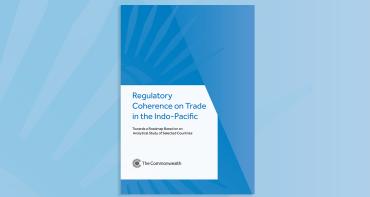Terrence Simfukwe is a trade adviser seconded to Belize’s Ministry of Foreign Affairs and Trade under the Hub and Spokes programme. Prior to his posting in 2016, he was principal economist for foreign trade in Zambia’s Ministry of Commerce, Trade and Industry. In this blog, Mr Simfukwe outlines Belize’s efforts to develop a national trade policy.

The Hub and Spokes programme provides trade experts to national ministries and regional trade organisations in the African, Caribbean and Pacific (ACP) group of states.

Belize is the only country in Central America with English as an official language. A founding member of the World Trade Organization since 1995 and a member of the Caribbean Community (CARICOM), Belize has been an active participant in regional and multilateral trade. To the east lies the Caribbean Sea, a gateway to the Atlantic, while to the north is Mexico and, beyond that, the United States. The country’s western and southern regions border Guatemala, linking the country to South American markets.
At the core of Belize’s economy are the agro processing and tourism sectors, contributing significantly to foreign exchange earnings and employment. Exports of goods and services today contribute as much as 57 percent to GDP, while merchandise trade (imports and exports) make up a staggering 81 percent of GDP (World Bank-WDI 2017).
Despite the importance of trade to the economy, Belize does not yet have a national policy on trade. The government, therefore, recognising that policy coherence on trade is vitally important to national development and economic management, has embarked on a process to establish a National Trade Policy in order to stimulate growth and investment.
The policy process
In seeking to establish a National Trade Policy, the government in 2014 secured assistance from the European Union through the European Development Fund facility for the development of a Trade Policy Framework. Approved by the Cabinet, the framework was instrumental in securing technical assistance from the Commonwealth Secretariat, through which I was hired as a national trade adviser in 2016 to lead and coordinate the development process of the National Trade Policy.
This year, in 2017, with my assistance, the government has formally embarked on a process of formulating the National Trade Policy. The consultation process to develop the policy has so far engaged public, private, civil society and other stakeholders through various mechanisms. It is expected that the policy will be launched by mid-2018.
If implemented effectively, the government believes the National Trade Policy will galvanise domestic trade and improve Belize’s integration in the Central American economic system. It will encourage private sector partnerships to grow the economy and provide a harmonious interface between Belize and the regional and multilateral trading system. It will also help to develop and improve other peripheral legislative frameworks and regimes that augment trade development.
The policy will also support and augment medium- to long-term national development plans and objectives as enshrined in Belize’s Growth and Sustainable Development Strategy (GSDS), and build a competitive economy with a well-managed public policy which is supportive of entrepreneurship, small and medium enterprises and private sector growth. It will be a blueprint for enhancing socio-economic development through trade.



